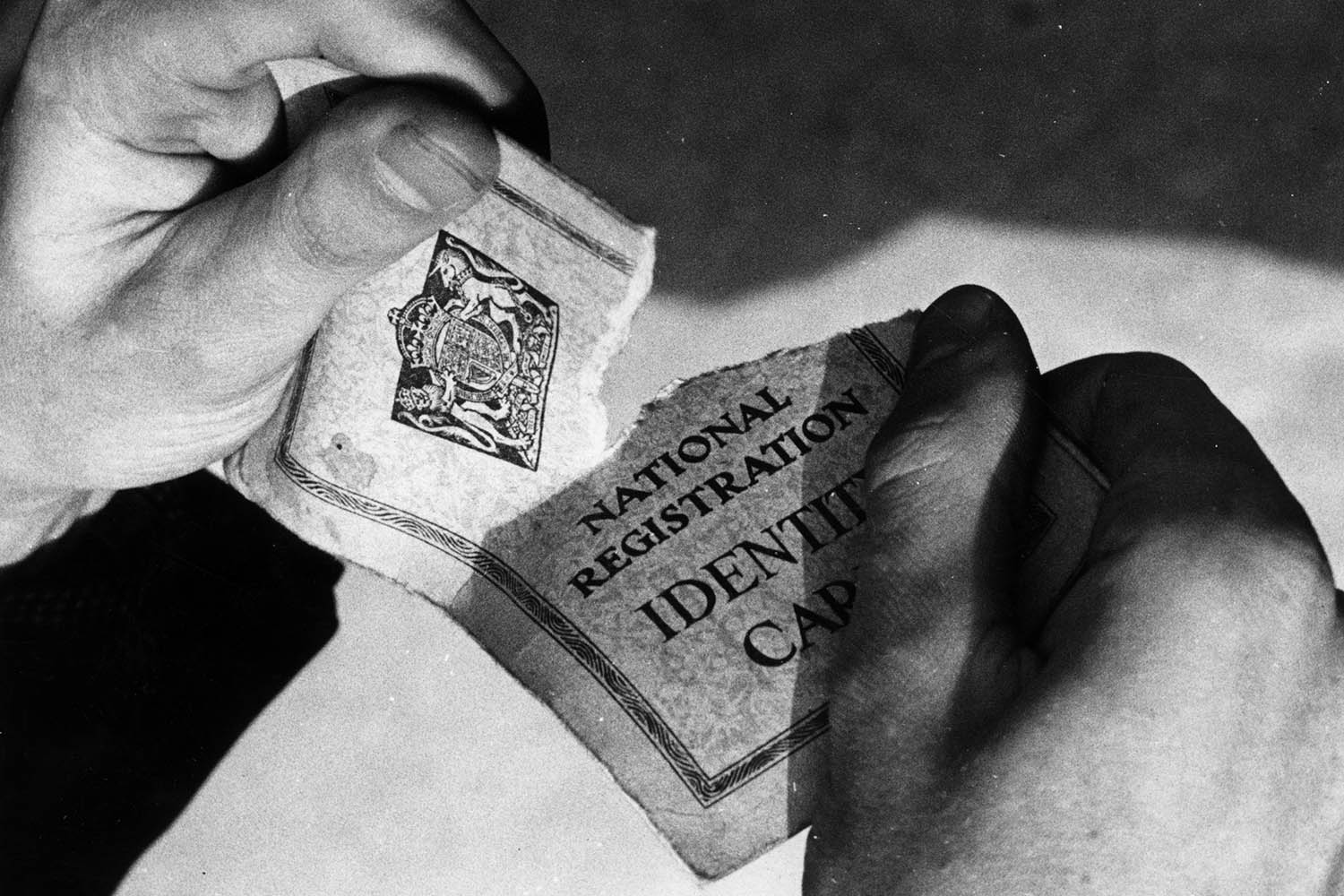The prime minister is seriously considering introducing a universal digital ID system as a way of tackling illegal immigration and improving the delivery of public services.
Cabinet ministers say Keir Starmer has become increasingly convinced of the need to harness the power of technology to drive Whitehall efficiency, bear down on fraud and transform the relationship between citizens and the state.
Downing Street is now considering in detail the “workability” of a unique digital identifier for all residents that could be used to check an individual’s right to live and work in Britain as well as provide access to welfare, healthcare or housing.
One senior minister said Starmer had ordered a “comprehensive and expansive look” at the role technology can play in government, including digital ID. “Keir is leading on it,” they said. “This is a serious piece of work. After a year in government, it is clear that technology is underpinning everything. Digital ID is foundational. Things are moving forward.”
Though no announcement is expected imminently, a No 10 source said any hurdles were practical, not philosophical, particularly around ensuring that elderly people, or those without mobile phones, are not excluded. The PM’s advisers believe an ID system could reduce friction between the public and the state, building on the success of the NHS app, which was widely adopted during the pandemic, allowing patients to book appointments, order prescriptions and see test results. There would be no requirement to carry a physical card.
A new internal paper by the Tony Blair Institute on the role of technology in government, commissioned by Morgan McSweeney, Starmer’s chief of staff, is understood to be “forceful” in pressing the case for digital ID as a way of meeting voters’ demands and heading off the threat from Reform UK.
Blair introduced legislation to bring in compulsory ID cards when he was prime minister, but the scheme was scrapped by the coalition government following a backlash from civil liberties campaigners.
The flagship policy would allow Starmer to echo Harold Wilson’s pledge to seize the “white heat of technology” to modernise the British state.
Cabinet ministers including Peter Kyle, the technology secretary, Pat McFadden, chancellor of the Duchy of Lancaster, and Wes Streeting, the health secretary, are enthusiastic about the political and practical benefits of a unique digital identifier.
Around the cabinet table, Yvette Cooper, the home secretary, has been the most resistant to a national system, but allies say she is no longer opposed to the policy “in principle”. One Labour insider said: “I think it is now coming. Yvette is no longer resistant. They’re working through the how.”
Newsletters
Choose the newsletters you want to receive
View more
For information about how The Observer protects your data, read our Privacy Policy
Another senior figure added: “There is overwhelming support in the parliamentary party, so I am hoping we get to the conclusion soon.”
Ministers have already announced plans for a digital driving licence, and a voluntary system allowing people to verify their age and identity. The Home Office has also pledged to roll out digital ID for all overseas citizens through eVisas, but the government has so far stopped short of backing the universal system that supporters say is necessary to tackle illegal immigration and crime. “There’s no point having one piece of a jigsaw and not the rest of it,” one minister said.
A Labour MP described the Home Office “fudge” set out in the recent immigration white paper as “absurd”. The plan to introduce eVisas and digital ID for migrants “conceded the principle without then really gripping the policy and going for it – which is a real theme at the moment, triangulating, doing things by halves, trying to please everyone.” They added: “I don’t think Yvette’s resistance will survive another year, in part because it makes no sense at all.”
Apart from Ireland, Britain is the only country in Europe without an ID system. Critics say this has made it attractive to migrants because it is easier to live and work illegally here.
A report from the Starmerite think tank Labour Together recently called for No 10 to make digital ID a “top prime ministerial priority” and begin a “fundamental transformation in the way British citizens interact with the government”.
No 10 strategists are convinced that public opinion has shifted since the last Labour government proposed ID cards and that voters would be broadly supportive of a digital system that made accessing the public services more convenient.
A poll for More in Common last year found 53% of people backing digital IDs, with only 19% opposed. Six former home secretaries have urged the government to introduce a universal system to drive efficiency in the public sector, cut fraud and tackle illegal immigration.
Photograph by Leslie Davis/Getty Images



